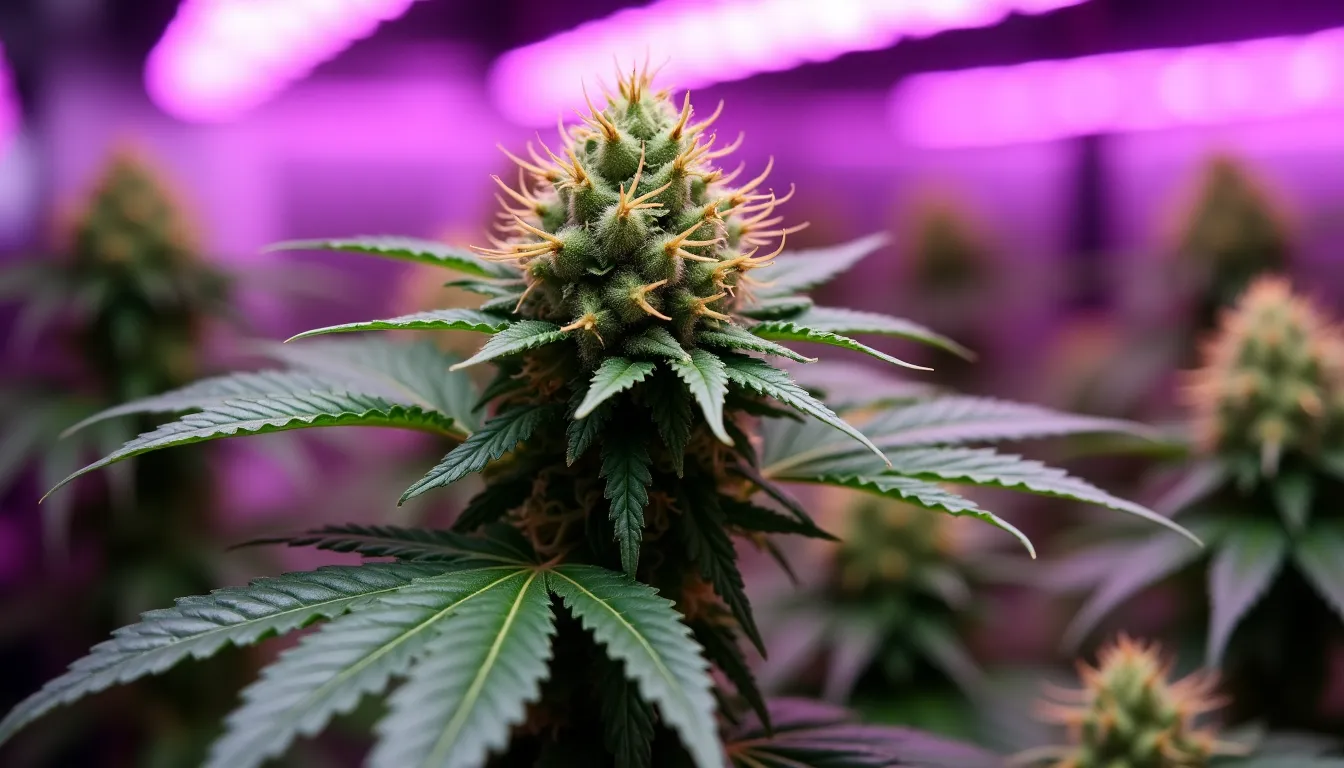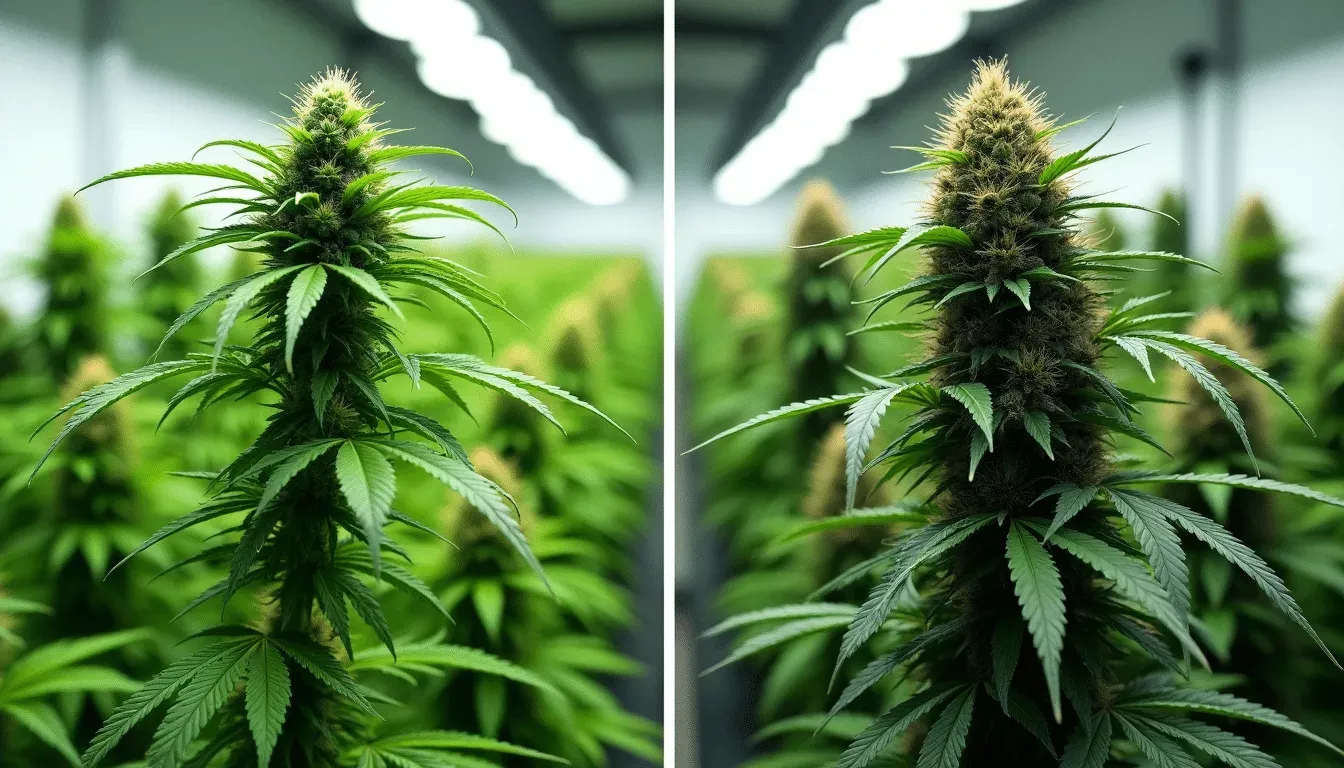Understanding Cannabinoids: A Comprehensive Guide
The topic of cannabinoids has gained significant attention in recent years, fueling conversations in health, science, and even popular culture. With the growing interest in cannabis-related products, understanding cannabinoids becomes essential. These compounds have shown potential in medical applications, offering benefits that range from pain relief to anxiety management. However, misconceptions and misinformation abound. In this guide, we aim to demystify cannabinoids, delve into their potential benefits and risks, and provide actionable insights for those interested in exploring this fascinating subject.
What Are Cannabinoids?
Cannabinoids are naturally occurring chemical compounds found in the cannabis plant. To date, scientists have identified over 100 different cannabinoids, the most well-known being tetrahydrocannabinol (THC) and cannabidiol (CBD). These compounds interact with the body’s endocannabinoid system (ECS), a complex network of receptors and neurotransmitters that play a crucial role in regulating various physiological processes such as mood, appetite, memory, and pain.
The ECS comprises two main types of receptors: CB1 receptors, primarily located in the brain and central nervous system, and CB2 receptors, found throughout the peripheral organs and immune system. Cannabinoids like THC and CBD bind to these receptors, influencing their activity and, consequently, affecting bodily functions.
Cannabinoid Context and History
The use of cannabis for medicinal and recreational purposes dates back thousands of years. Ancient cultures in Asia, the Middle East, and Africa have documented the plant’s efficacy in alleviating ailments ranging from inflammation to digestive disorders. However, the scientific exploration of cannabinoids began in earnest during the 20th century when researchers isolated the first cannabinoid neurotransmitter, anandamide, in the early 1990s. This groundbreaking discovery laid the foundation for understanding how cannabinoids interact with the ECS, opening up new pathways for both medical and recreational applications.
Benefits and Risks of Cannabinoids
The potential benefits of cannabinoids have sparked considerable interest within the medical community and beyond. However, it’s crucial to weigh these benefits against the potential risks and limitations.
Benefits
-
Pain Management: Several studies have shown that cannabinoids, particularly THC and CBD, can provide pain relief. They work by modulating pain signals in the ECS, offering an alternative for those who suffer from chronic pain conditions such as arthritis, multiple sclerosis, and fibromyalgia.
-
Anxiety and Depression: CBD, in particular, has gained recognition for its potential in managing anxiety and depression. Unlike THC, CBD is non-psychoactive, meaning it doesn’t produce the "high" associated with cannabis use, making it more suitable for therapeutic applications without altering a patient’s state of mind.
-
Neuroprotection: Emerging studies suggest that cannabinoids might possess neuroprotective properties that could benefit conditions like Alzheimer’s disease, Parkinson’s disease, and epilepsy. By interacting with the ECS, cannabinoids may help protect nerve cells from damage or degeneration.
- Anti-Inflammatory Effects: Cannabinoids have been found to exert anti-inflammatory effects, which could be beneficial for individuals with inflammatory diseases such as Crohn’s disease and irritable bowel syndrome (IBS).
Risks
-
Psychoactive Effects: THC is psychoactive and can cause alterations in perception and mood. While some may find these effects pleasant, they can also lead to anxiety, paranoia, or impaired cognitive function, particularly in high doses.
-
Addiction and Dependency: Like any substance with mood-altering properties, there is a risk of dependence. Although cannabinoids are generally less addictive than substances like alcohol or opioids, habitual use can lead to psychological dependency.
- Legal and Regulatory Issues: Despite growing acceptance, the legal status of cannabinoids varies widely across countries and regions. This patchwork legality can pose challenges in accessing and utilizing cannabinoid-related treatments.
Practical Tips and Insights
For those considering the use of cannabinoids, whether for medical or personal reasons, it is essential to make informed decisions. Here are some practical tips to consider:
Finding the Right Product
-
Consult Healthcare Professionals: Before starting any cannabinoid regimen, consult a healthcare professional, especially if you have existing health conditions or are taking other medications.
- Understand Product Types: Differentiate between full-spectrum, broad-spectrum, and isolate cannabinoid products. Full-spectrum products contain all cannabinoids found in the plant, including THC, while broad-spectrum products have non-detectable levels of THC. Isolates contain only CBD or another single cannabinoid.
Dosage and Administration
-
Start Low and Go Slow: Begin with a low dose and gradually increase it while monitoring your body’s response. This approach minimizes the risk of adverse effects and helps find the optimal dose.
- Consider Different Methods of Consumption: Cannabinoids can be consumed in various forms, including oils, capsules, edibles, and topicals. Each method has different onset times and durations, so choose what aligns best with your needs.
Legal Considerations
-
Research Local Laws: Ensure you are aware of and comply with the legal status of cannabinoids in your area to avoid potential legal issues.
- Purchase from Reputable Sources: Buy products from licensed dispensaries or reputable online sources that provide transparency about product quality and sourcing information.
Conclusion
Cannabinoids present an exciting frontier in both medicine and wellness. From managing pain and anxiety to potentially offering neuroprotective benefits, these compounds continue to be the subject of intense study and discussion. However, it’s crucial to approach cannabinoid use with caution, considering both the benefits and risks. By consulting healthcare professionals and adhering to legal guidelines, individuals can safely explore the potential of cannabinoids.
For those interested in delving deeper into the world of cannabinoids, we encourage exploring related articles and sharing thoughts or experiences in the comments below. Sharing knowledge and insights can lead to better understanding and informed decisions in this rapidly evolving field.
Share this content:



